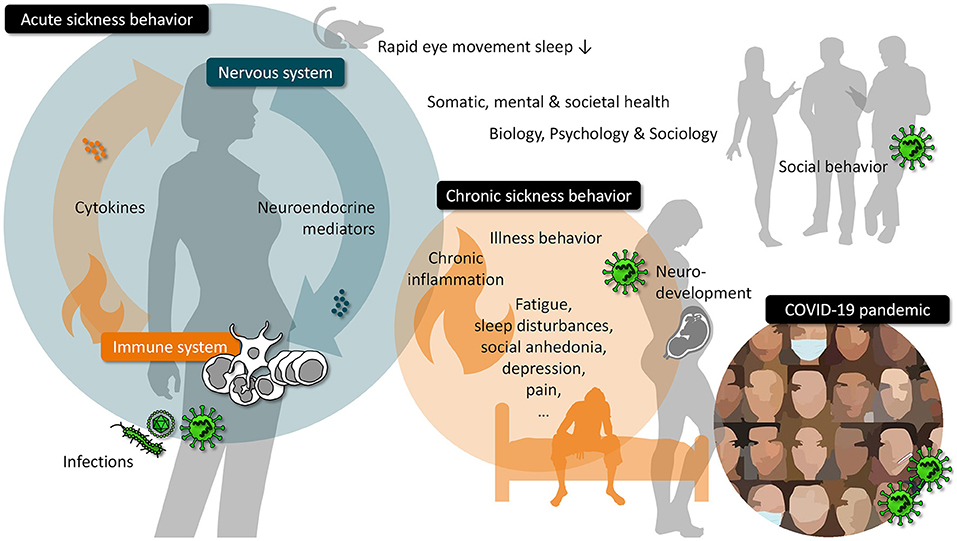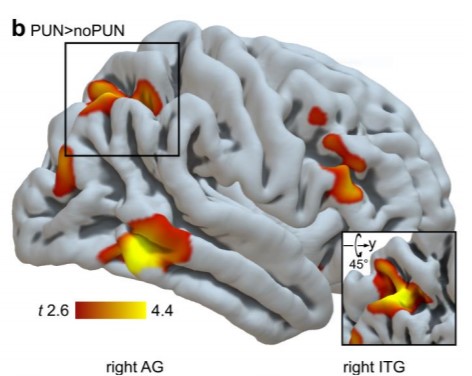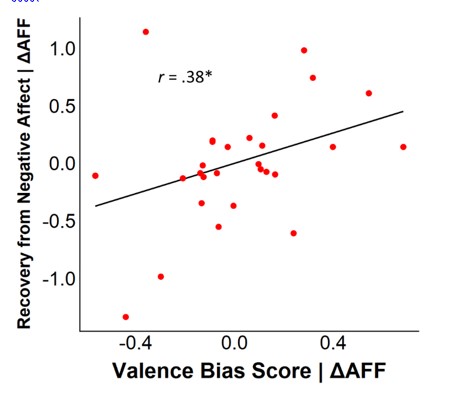Assessment of reward-related brain function after a single-dose of oxytocin in autism: a randomized controlled trial
Background Autism spectrum disorder (ASD) is characterized by difficulties in social communication and interaction, which have been related to atypical neural processing of rewards, especially in the social domain. Since intranasal oxytocin has been shown to modulate activation of the brain’s reward circuit, oxytocin might ameliorate the processing of social rewards in ASD and thus […]






